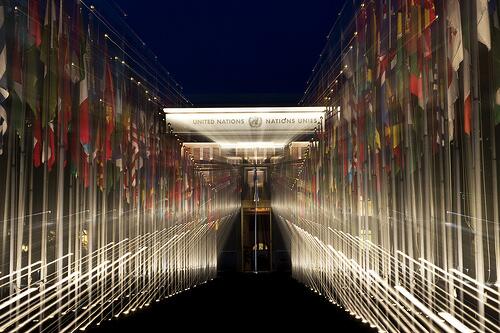
Mar 13, 2017 | Advocacy, Non-legal submissions
The ICJ today delivered a joint NGO oral statement to the UN Human Rights Council on the need in Myanmar for an international Commission of Inquiry and for an independent and self-governing legal profession.
In the statement, the International Commission of Jurists, joined by the International Bar Association’s Human Rights Institute and Lawyers’ Rights Watch Canada, welcomed the report of the Special Rapporteur on the situation for human rights in Myanmar, and her recommendation for a Commission of Inquiry to investigate persecution of Rohingya and other minorities in Rakhine State.
Since 9 October 2016, Myanmar’s security forces have reportedly targeted Rohingya during “clearance operations” which have no basis in law. Attacks against women, men, and children allegedly have involved extrajudicial killings; enforced disappearances; torture and other ill-treatment including rape and other sexual violence; hundreds of arbitrary arrests and detentions; forced displacement; and looting and destruction of homes, food and other property.
To date, authorities in Myanmar appear to have been unwilling or unable to investigate abuses or hold perpetrators accountable. Several national investigation commissions have lacked impartiality and independence. National judicial and law enforcement authorities lack capacity and independence to address this situation. Accordingly, we urge Council to adopt a resolution at this session establishing an international, independent Commission of Inquiry to assess facts, identify causes and perpetrators, and issue recommendations including remedies for victims.
The recent killing of lawyer U Ko Ni, who strongly advocated against religious discrimination and for inter-communal peace, must be subject to a prompt, impartial and effective investigation capable of identifying all those responsible and holding them accountable in a fair trial. It also underscores the urgent need for an independent and self-governing legal profession in Myanmar, enabled to uphold human rights and the rule of law without fear.
The statement may be downloaded in PDF format here: HRC34-OralStatement-Myanmar-2017
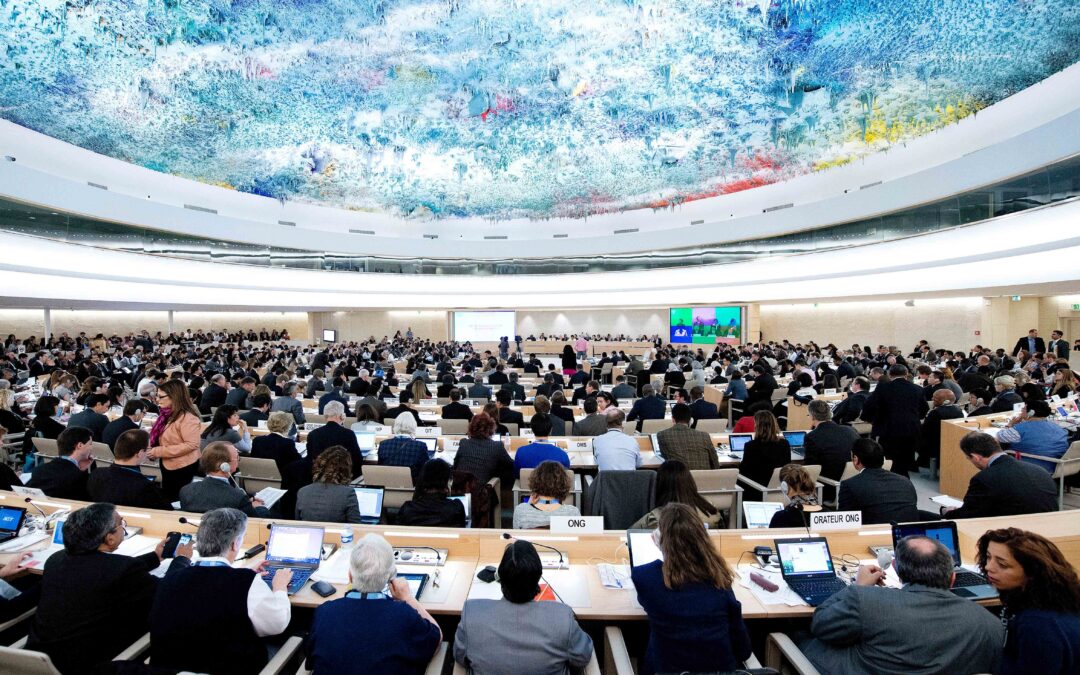
Mar 12, 2017 | Advocacy, Non-legal submissions
The ICJ has made an oral statement to the UN Human Rights Council on a range of measures needed to ensure truth, justice, reparations and non-repetition of past violations, in Nepal.
The statement read as follows:
TRUTH, JUSTICE, REPARATION, AND GUARANTEES OF NON-RECURRENCE IN NEPAL
10 March 2017
Mr. President
Without effective measures to ensure truth, justice, reparation and guarantees of non-recurrence, countries in situations of transition or post-conflict fail victims and put future reconciliation, peace and stability at risk. One example is Nepal.
Nepal’s Truth and Reconciliation Commission and Commission of Investigation on Disappeared Persons have not been effective. Changes are needed to bring their legal frameworks and operations in line with international standards and Supreme Court jurisprudence. These bodies require adequate resources. Trust-building measures including consultation processes must address the perspectives and needs of victims and for victims to feel ownership over the transitional justice process in Nepal.
Nepal must ensure prompt, independent and impartial investigation and prosecutions for serious human rights violations, including those committed during the armed conflict.
It must ensure justice and reparation for victims, including as provided for in the UN Basic Principles and Guidelines on the Right to a Remedy and Reparation.
It must criminalize serious crimes under international law in a manner that is consistent with international law, to help prevent such violations ever occurring again.
Nepal should also issue a standing invitation to all thematic special procedures of the Council.
Thank you, Mr. President.
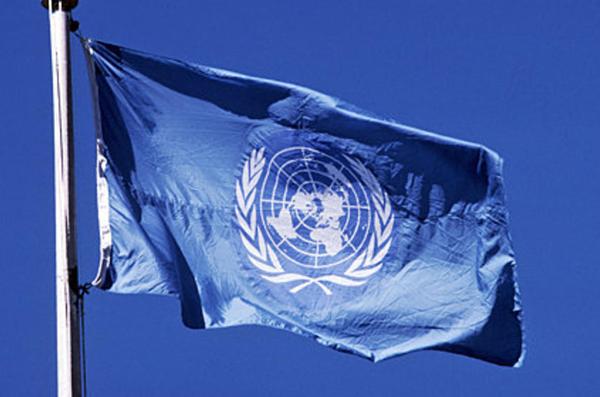
Mar 12, 2017 | Advocacy, Non-legal submissions
The ICJ made an oral statement to the Human Rights Council, on the role of judges and lawyers in relation to large movements of migrants and refugees.The statement, made in an Enhanced Interactive dialogue on human rights and large movements of migrants, was as follows:
THE ROLE OF JUDGES AND LAWYERS IN RELATION TO LARGE MOVEMENTS OF REFUGEES AND MIGRANTS
10 March 2017
Mr. President,
The International Commission of Jurists (ICJ) welcomes the Principles and Guidelines included in the High Commissioner’s report and conference room paper. The ICJ appreciates their emphasis on equal and effective access to justice for migrants, and the recognition that this requires legal assistance that is competent, independent, confidential, and, when needed, without charge, as well as due process guarantees. We welcome the clear affirmation of the essential role of judges and lawyers in upholding and protecting the human rights of migrants and the rule of law.
To complement these and other relevant standards, the International Commission of Jurists is developing a set of Principles and recommendations specifically focussed on the role of judges and lawyers in relation to large movements of refugees and migrants. The ICJ principles and recommendations are based on global consultations with senior judges, lawyers, UN agencies, regional human rights mechanisms, and other relevant legal experts.
The ICJ Principles and recommendations address the role of judges and lawyers in status determination procedures, in relation to detention and removal, the right to an effective remedy, the importance of ensuring independence and impartiality of judicial decision-makers, equality before the law, and the relationship between national judiciaries and international law.
In addition to a consultation we convened yesterday at a parallel event, we welcome further feedback on the draft ICJ Principles from all stakeholders, before we launch the final version at the June session of the Human Rights Council.
Thank you.
Download the draft Principles here: https://www.icj.org/refugeesmigrantsconsultation/
Please send written feedback to un(a)icj.org, until 14 April 2017.
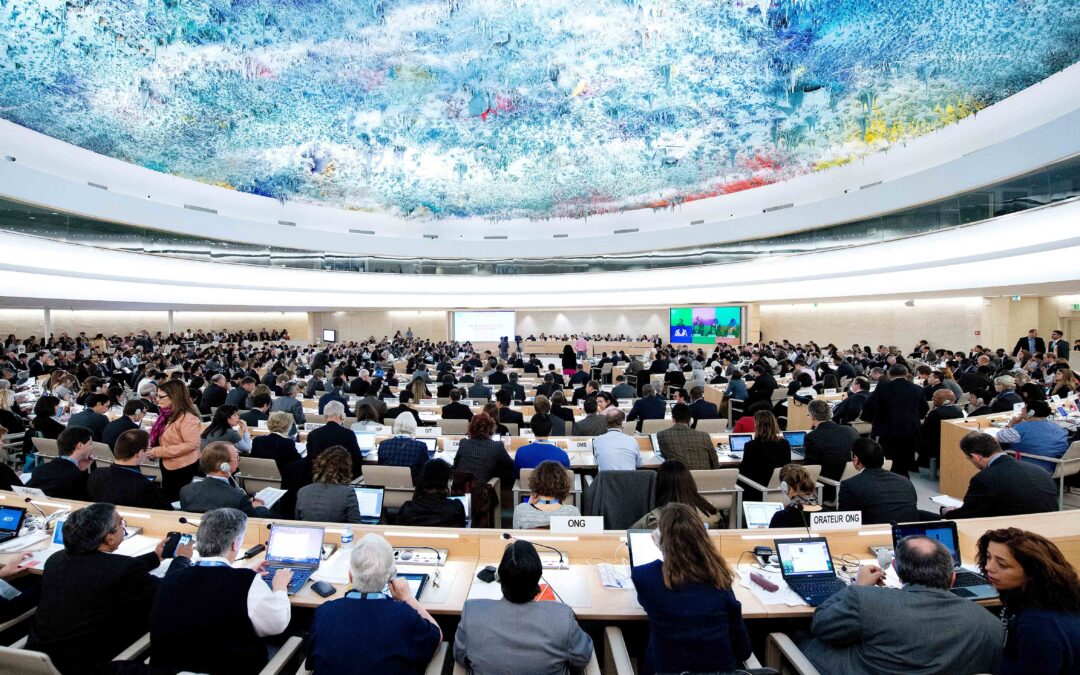
Mar 10, 2017 | Advocacy, Non-legal submissions
The ICJ made a joint statement on the report of the Open-ended intergovernmental Working Group on Transnational Corporations and Other Business Enterprises.
The intervention was made at the United Nations Human Rights Council on behalf of Franciscans International, International Commission of Jurists, Colombian Commission of Jurists and the International Federation of Human Rights Leagues (FIDH). All are members of the civil society coalition: “Treaty Alliance”.
The statement read as follows:
Our organizations welcome the report on the second session of the Open-ended Intergovernmental Working Group on Transnational Corporations and Other Business Enterprises with respect to human rights.
We are encouraged by the growing participation of States and other stakeholders in interesting and constructive discussions but remain concerned by the failure of some States to truly engage constructively with the process.
Civil society groups documented in these years countless cases of business involvement in human rights abuses. This demonstrates that existing mechanisms could be useful but are not sufficient and that a new binding instrument at the global level is needed.
The treaty should address all business enterprises and give States the tools to tackle the particular challenges posed by transnational corporations, providing the necessary protection to victims of human rights abuses, including Human Rights defenders who are targeted for their work and opinion.
Access to effective remedy and reparations remain problematic at the domestic and cross-border levels. In order to achieve the effective protection of human rights from business related abuses, the treaty should build on and go beyond existing international human rights standards and instruments.
We call on the Chair-Rapporteur to present a draft elements paper in accordance with the mandate of the Open ended Working Group. This paper should be as detailed as possible and reflect the discussions of the first two sessions, in order to facilitate the start of meaningful negotiations at the third session in October 2017.
We urge all stakeholders, especially States, to engage in constructive and substantive discussions on the content and scope of this instrument in the perspective of the third session.
The statement can be downloaded in PDF format here: HRC34-Joint Statement-IGWG Transnational Corporations-Advocacy 2017
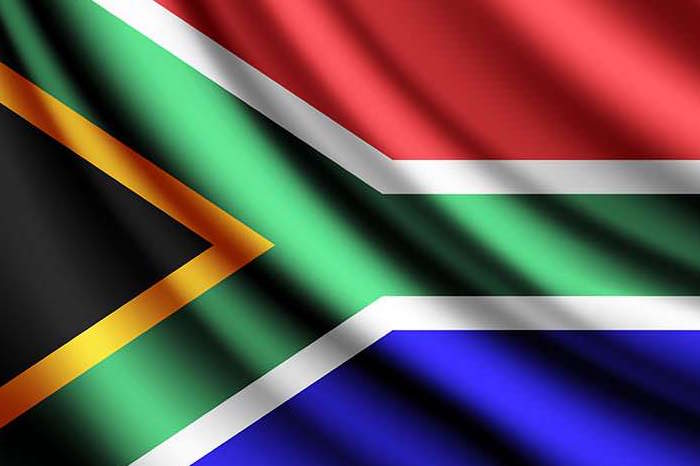
Mar 8, 2017 | Advocacy, Analysis briefs, News
Today the ICJ submitted a brief opposing the current efforts by South Africa to withdraw from the Rome Statute of the International Court.
The brief was submitted in collaboration with a number of South Africa’s leading jurists to the South African Parliamentary Portfolio Committee on Justice and Correctional Services.
The brief was signed by Retired South African Constitutional Court Justices Laurie Ackermann; Richard Goldstone; Johann Kriegler; Yvonne Mokgoro, Kate O’Regan, Zak Yacoob. It was co-signed by Navi Pillay, former United Nations High Commissioner for Human Rights, former judge of the ICC and former President of the International Criminal Tribunal for Rwanda (ICTR). Wilder Tayler, Secretary General, signed on behalf of the ICJ
The ICJ and leading South Africa jurists call on South African Parliamentarians not to pass The Implementation of the Rome Statute of the International Criminal Court Act Repeal Bill [B23-2016].
They also urge South Africa to remain a party to the Rome Statute of the ICC and engage, where appropriate with other African States, in actively pursuing appropriate reforms within the Assembly of State Parties, with a view to making the ICC more effective in advancing the objectives of international justice.
“South Africa should actively encourage other African states to put in place legislation required to empower domestic courts with the ability to try genocide, war crimes and crimes against humanity. South Africa should continue to work constructively with civil society on the advancement of international criminal justice,” the report stated.
“Pursuit of justice and pursuit of peace are complementary and mutually reinforcing objectives that South Africa will best achieve by remaining party to the Rome Statute of the ICC. Its not an either or situation. Protecting heads of States from justice whatever they do compromises peace too much,” said Retired Justice Zak Yacoob.
The report also underscored the danger of an impunity gap if South Africa pulls out of the ICC, as there would be no other effective regional or international forum in which to prosecute the most serious crimes under international law.
“Given the devastating impact of impunity on the rule of law, on development efforts and on society at large, it is vital that South Africa projects itself as a leader in anti-impunity efforts in the region. Pulling out of the Rome Statute of the ICC would crush the best chances that Africa has today to tackle the pervasive impunity that affects the region and would be a most unfortunate move for South Africa and the wider international community,” said Wilder Tayler, Secretary General of the ICJ.
Background
South Africa is one of the earliest parties to the Rome Statute of the ICC. It signed the Rome Statute on the day it was adopted, 17 July 1998, and ratified it on 27 November, 2000. Both during the negotiations preceding the Rome Conference that established the Court in 1998, and at the Conference itself, South Africa played a leading role.
However, the events of June 2015 surrounding the arrival of President Omar al Bashir of Sudan in South Africa appears to have engendered a shift in South Africa’s posture, leading many observers to call into question the country’s commitment to international justice.
The failure by South African authorities to arrest and surrender President al Bashir to the ICC, although he had been indicted by the ICC for war crimes, crimes against humanity and genocide, led to the Southern Africa Litigation Centre (SALC) taking the government to court to compel it to fulfil its obligations both under the Rome Statute and the Implementation of the International Criminal Court Act 27 of 2002 (Implementation Act).
On 19 October 2016, the Minister of International Relations and Co-operation gave notice of South Africa’s intention to withdraw from the Rome Statute.
The Portfolio Committee on Justice and Correctional Services put out a call for submissions to be made to the Parliamentary Portfolio Committee on Justice and Correctional Services on the Implementation of the Rome Statute of the International Criminal Court Act Repeal Bill [B23-2016] to be made by 8th March 2017. The ICJ Brief was filed pursuant to that call.
Contact
Arnold Tsunga, Director of the ICJ Africa Programme, arnold.tsunga@icj.org and +277 164 059 26
RSA-ICC Withdrawal-Advocacy-Analysis Brief-2017 (Analysis brief in PDF)
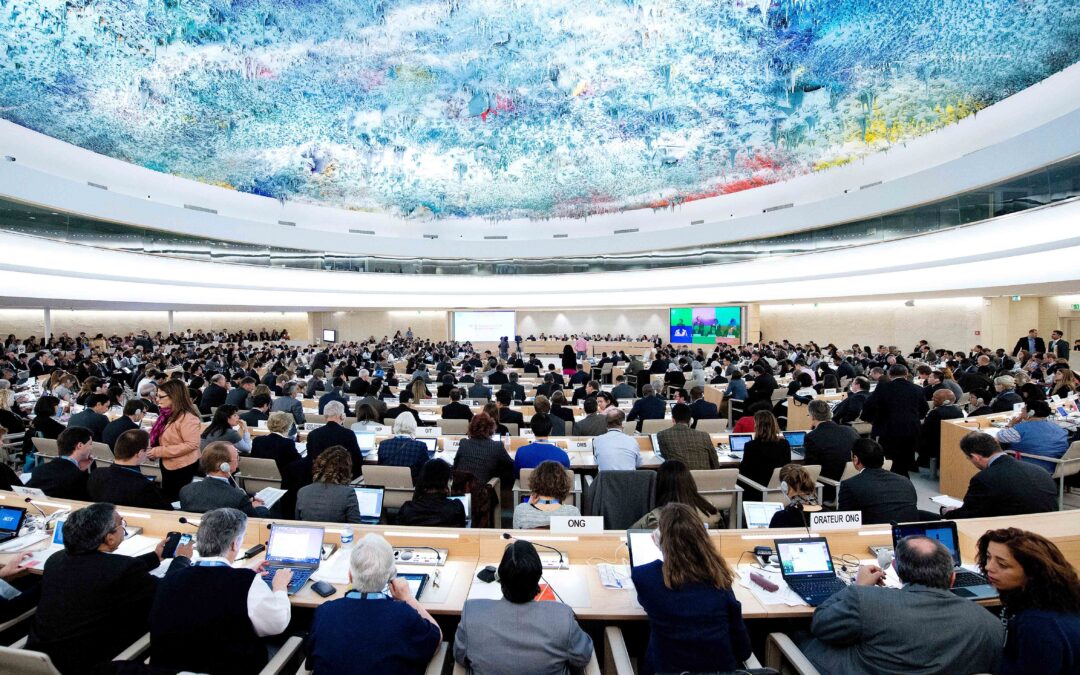
Mar 7, 2017 | Advocacy, Non-legal submissions
Today at the UN Human Rights Council the ICJ expressed concerns about violence and other wrongs against children in times of armed conflict and peacetime.
The ICJ statement was delivered during an interactive dialogue with the Special Representatives of the Secretary General on Violence against Children and for Children and Armed Conflict.
The ICJ thanked the Special Representatives for their annual reports (Violence against Children UN doc.A/HRC/34/45-ENG and Children and Armed Conflict UN doc.A/HRC/34/44-ENG) and then continued as follows:
We welcome the renewed commitment of States, via the Sustainable Development Goals (in particular SDG 5.2 and 5.3 and SDG 16.2 and 16.3), to eliminating violence against children and ensuring access to justice for everyone by 2030.
However, as the Special Representative for Violence against Children’s report noted, we must ensure that protecting children from violence is not simply an ideal but is realized in practice.
The ICJ is concerned about systemic problems where States agree in principle to protect children from violence but disagree on fundamental definitions of ‘children’ and ‘violence’.
We agree with the Special Representative for Children and Armed Conflict’s assessment that States must close any legal lacunae that fail to implement the almost universally accepted definition of ‘child’ as everyone below the age of 18.
We ask that all forms of violence against children be condemned even where some violent practices, such as child marriage or female genital mutilation, were once considered culturally acceptable.
We welcome efforts undertaken to prevent violence against children and protect children in armed conflict to ensure their human rights are protected.
However, rights protections are meaningless without accountability and so we would like to ask which measures should be put in place to eradicate impunity and ensure access to justice for children who have suffered violence and other wrongs in times of armed conflict and otherwise?
The statement can be downloaded in PDF format here: HRC34-OralStatement-violence against children+children armed conflict-Advocacy-2017










